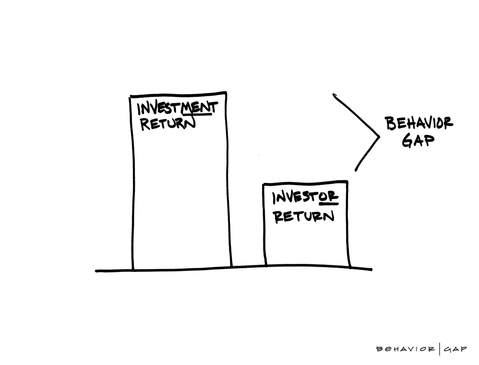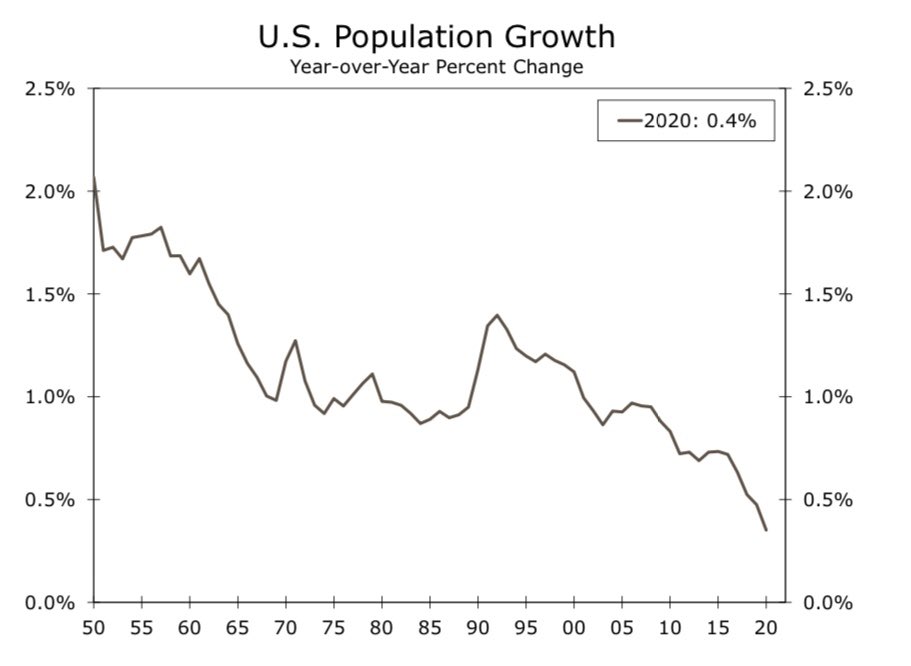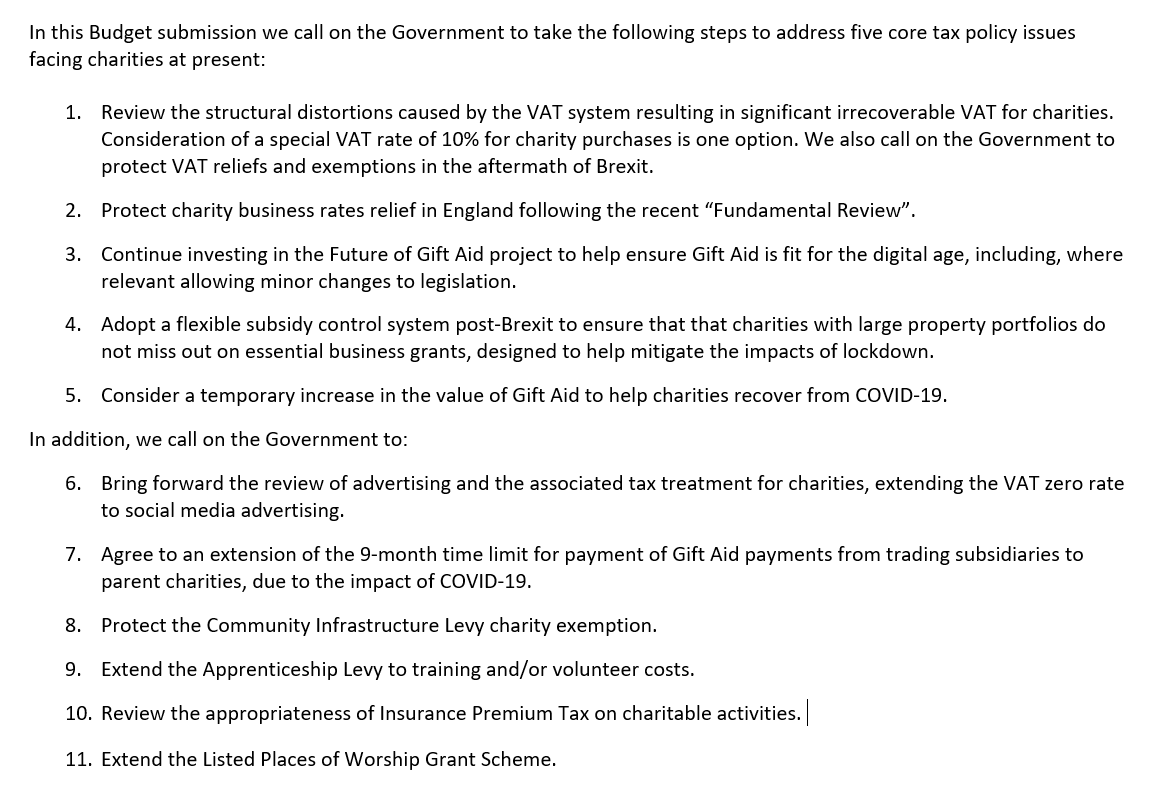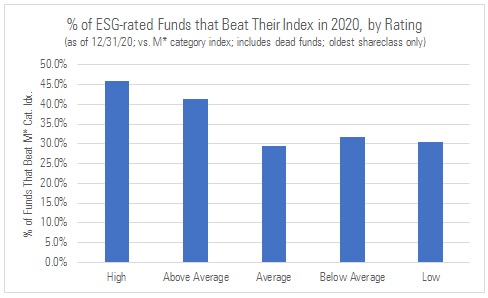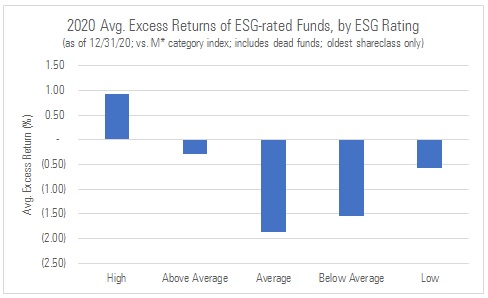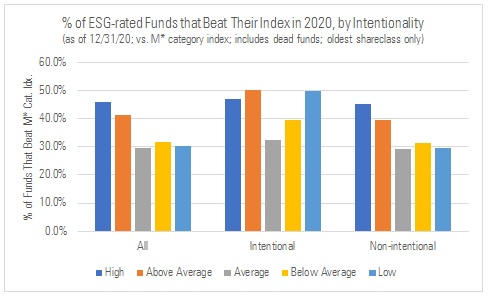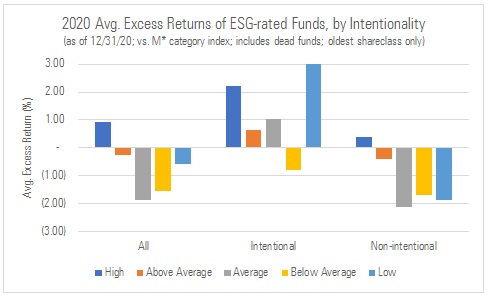Categories Finance
Also, the answer to a few questions including:
Yesterday’s Value That Company!
Also, Why am I so dumb?
Finally, Why listen to me? 🤷♂️
Here we go!

A few years ago, I get a call from an acquaintance (we have several mutual good friends). He’s running a fast growing consumer finance company and needs cash...
It isn’t “I need $5 Million by Friday” but it’s close...

How fast are they growing? By the time we are negotiating the deal a week or 10 day later, the ask is up to $10 Million...

We did a little time travel yesterday on Value That Company, and I put you back in my shoes 3 years ago...
(Answer shortly)... https://t.co/mNFNGgHiMI

It is time... For reasons that will be clear tomorrow, we are going into the archives for the first 2021 edition of Value That Company!
— Matt Willes (@SkolCapital) January 12, 2021
Today: Consumer Finance
TTM: 217 M Rev; 12.7 M EBITDA
Prior year: 97 M Rev; -4.4 M EBITDA
2 yr ago: 23 M Rev; -2.9 M EBITDA
More details: https://t.co/rn8lbARa4V
The business is fascinating, but also extremely sensitive to assumptions, underwriting, etc...
Management is good, but also very aggressive which I’m not sure I love...
Worse, we don’t have the time to really dig into the numbers as extensively as I’d like... https://t.co/np5UPBmjnu

Ok, stealing my thunder from tomorrow, BUT:
— Matt Willes (@SkolCapital) January 12, 2021
5% of customers never make even 1 payment: 100% loss rate
24% default before maturity: 15% loss rate
32% payoff < 90 days: 7% avg ROI
11% payoff > 90 days: 91% ROI
28% go full term: 121% ROI
For a naked option to make money, it's better if IV rises or at least stays flat.
Rule 3 : DO NOT run or trade everything that moves. Focus on a few stocks and master them. When a move comes, make the max out of that move.
— Subhadip Nandy (@SubhadipNandy16) October 14, 2021
Example : in this crazy mkt, I did not even trade TataMotors this week. Stayed focussed on ITC and it gave good returns https://t.co/41wkugZg1I
This is a thread I wrote on IV, IVR etc
IV - A thread
— Subhadip Nandy (@SubhadipNandy16) September 20, 2018
In financial mathematics, implied volatility of an option contract is
that value of the volatility of the underlying instrument which, when
input in an option pricing model ) will return a theoretical value equal to the current market price of the option (1/n)














